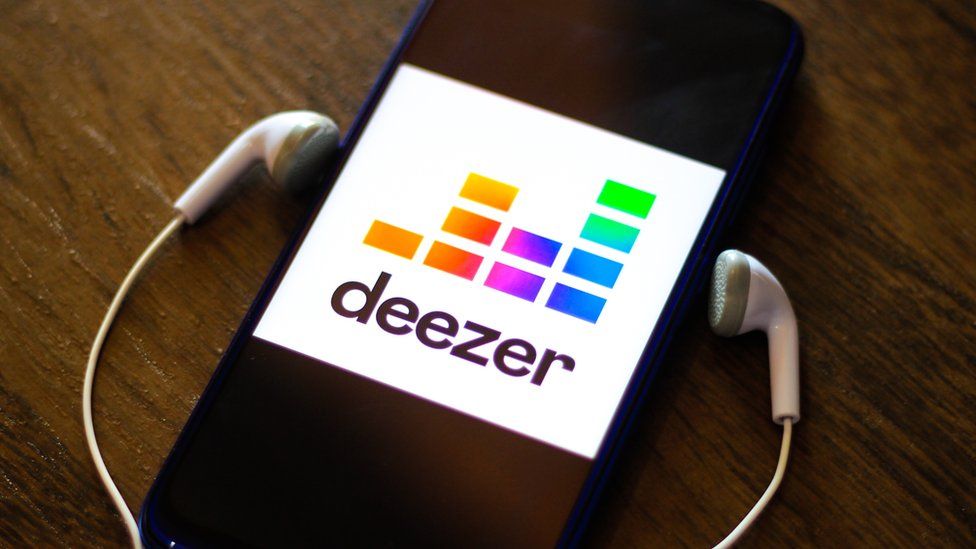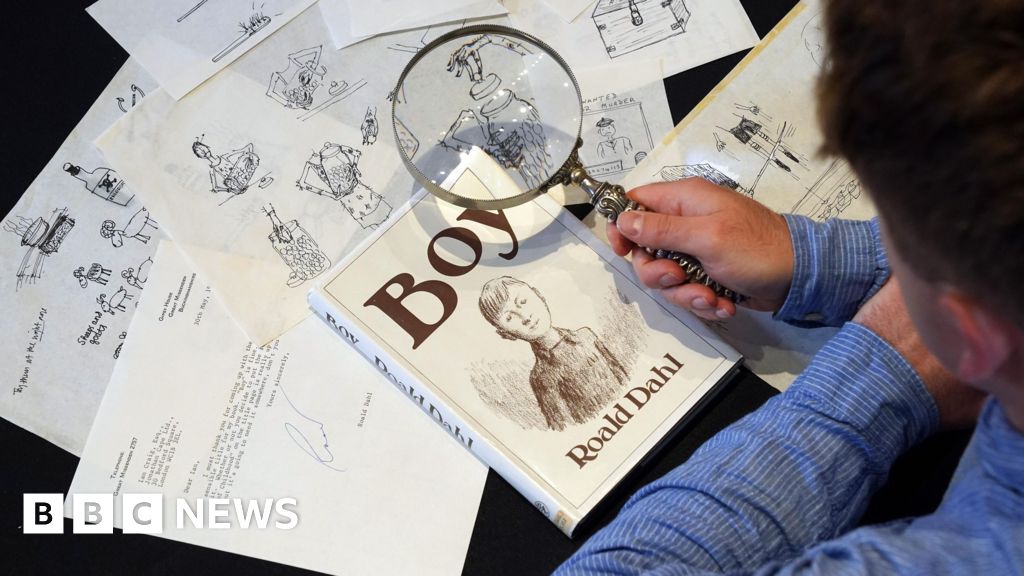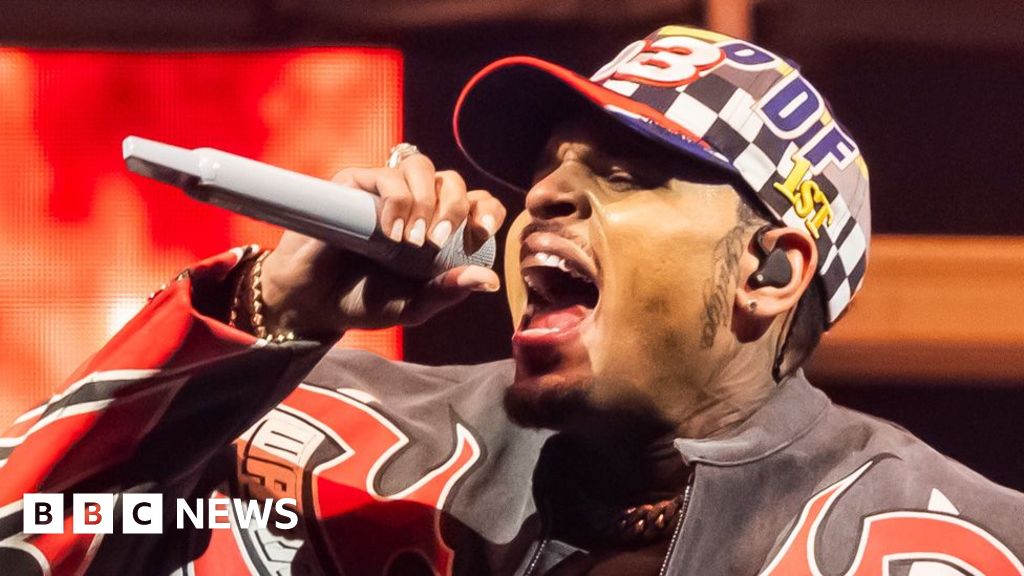ARTICLE AD BOX
 Image source, Getty Images
Image source, Getty Images
Deezer and Universal say the model should "better reward the artists, and the music that fans value the most"
By Paul Glynn
Entertainment reporter
Universal Music Group and Deezer are to jointly launch a music streaming model aimed at generating bigger royalties for artists.
It will mean artists will be paid more if users actively choose to listen to their music, rather than doing so because a song auto-plays.
Songs which appear in algorithmic playlists will also generate less money than those selected by users.
Deezer will launch the model in France later this year.
The move could have a significant impact on the music industry, particularly if major streaming services such as Spotify or Apple Music adjust their own models.
The collaboration is designed to "better reward the artists, and the music that fans value the most", Deezer and Universai said in a joint statement on Wednesday.
It is a response to over-saturated current music streaming model, which they said "needs to be re-imagined" to encourage "meaningful engagement" between listeners and artists.
This will include the replacement of "non-artist noise content" - such as ambient background music, popular with people who work from home - with Deezer's own content, which will not receive royalties.
'Drowning music in a sea of noise'
Deezer CEO, Jeronimo Folgueira described the move as "the most ambitious change to the economic model since the creation of music streaming", and one that will "support the creation of high-quality content in the years to come".
He added that they wanted to provide "a high-quality experience for fans" while also "championing fairness in the industry and tackling fraud.
"There is no other industry where all content is valued the same, and it should be obvious to everyone that the sound of rain or a washing machine is not as valuable as a song from your favourite artist streamed in HiFi," he said.
"The goal of the artist centric model is to mitigate dynamics that risk drowning music in a sea of noise and to ensure we are better supporting and rewarding artists at all stages of their careers whether they have 1000 fans or 100 thousand or 100 million."
The government has been investigating music streaming since 2019, and in 2021 identified an "imbalance" in royalties. It has launched a working group to specifically look at how artists are compensated.
In May this year, the music industry committed to improving metadata for tracking songs on music streaming platforms, following widespread criticism from artists.
It came after creators said they were not receiving their fair share of royalties when their tracks where played on streaming services, with payments differing depending on how the music was streamed or artists' individual agreements with labels or distributors.
One former Spotify advisor proposed a fairer "alternative model" with "a user-centric payment system", which would see a person's subscription fee being divided among the artists to whom they listen.

 1 year ago
34
1 year ago
34








 English (US) ·
English (US) ·